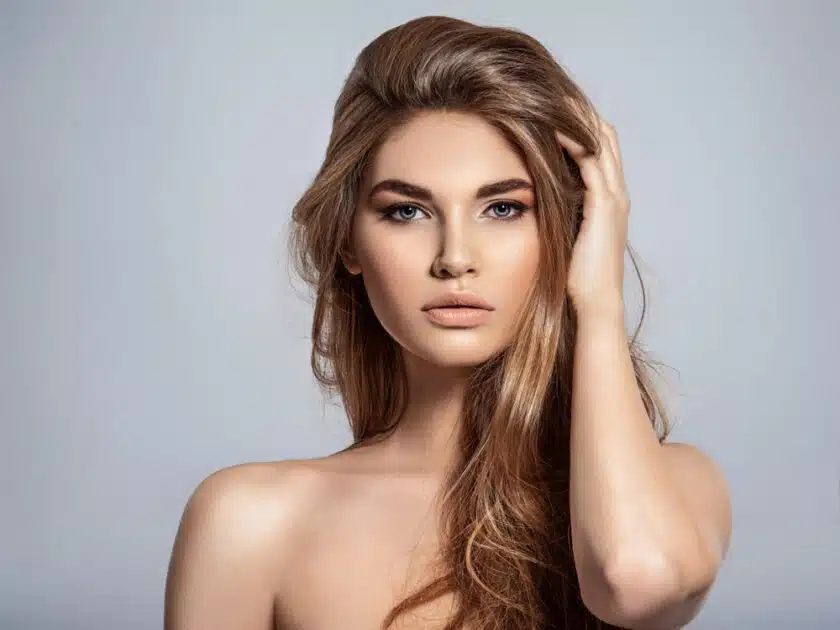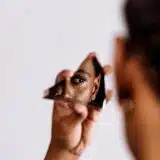What is Attractiveness?
“Beauty is in the eye of the beholder,” they say, yet attractiveness holds significant sway over our lives. It captivates us, entices us, and influences our perceptions in profound ways. The quest for attractiveness is deeply ingrained within our human nature, as we instinctively seek out attractive mates to ensure the propagation of our genes.
Society has long recognized the impact of beauty, with attractive individuals often enjoying advantages such as higher pay and better opportunities.

Conversely, those perceived as less traditionally attractive may face unfair judgments and biases. The influence of attractiveness extends even to our judicial system, where unattractive individuals are more likely to be deemed guilty, regardless of the evidence presented.
The Modern Obsession with Beauty
Recently, some argue that society has become increasingly obsessed with beauty and physical perfection. Celebrity culture, social media, and the prevalence of airbrushed images have raised the bar for beauty standards.
We have started equating beauty with status and worth, believing highly attractive individuals possess more excellent value. Curiously, the reverse also holds, as those who appear wealthy and hold high status are often perceived as more physically attractive.
The Quest for Beauty: Conventional Signs and Shared Traits
While individual preferences exist, certain shared traits consistently contribute to the perception of beauty. The billion-dollar beauty and plastic surgery industries are a testament to the mass appeal of these features. Some of the conventional signs of beauty include:
- Facial symmetry: Perfectly flat faces, where one side mirrors the other, are universally pleasing.
- Proportionate features: Eyes, lips, and noses that harmoniously fit the face contribute to attractiveness.
- Flawless skin: Smooth, youthful skin symbolizes beauty and vitality.
- The left side of the face: People tend to find the left side of the face more aesthetically pleasing.
- Feminine traits: Heterosexual men are typically drawn to women with doe eyes and youthful, childlike facial features. Meanwhile, women often find tall men attractive, associating height with power and status.
What Defines Attractiveness: Unraveling the Secrets
While beauty may be subjective to some extent, specific universal characteristics define attractiveness.
Let’s delve into the qualities that contribute to an individual being considered beautiful or attractive.
The Female Form: Aesthetics from a Male Perspective
- For the male gender, visual cues play a pivotal role in attractiveness. Scientists and researchers emphasize the importance of symmetry, which extends to both the face and the body image.
- Facial features: A beautiful face showcases perfect symmetry, with eyes that proportionally fit the face. Lips should be complete and in harmony with other facial elements. A small, well-proportioned nose is generally preferred.
- Body proportions: Men are generally attracted to women with a shapely, feminine physique. The ideal female form entails a bust approximately eight inches larger than the waist, with hips ten inches larger than the waist. These proportions signify fertility and motherhood.
- Height: Although height plays a lesser role in female attractiveness, men typically prefer women who are shorter than they are. However, as with all preferences, exceptions abound.
The Male Form: Unveiling the Masculine Aesthetic
- In contrast to the soft curves of the female form, the male form is characterized by complex, angular features. Like females, facial symmetry plays a significant role in defining male attractiveness.
- Facial characteristics: A masculine face is distinguished by a high forehead, a strong brow, and a well-defined jawline.
- Body aesthetics: Muscularity and a well-defined upper body are prized attributes in the male physique. The waist-to-shoulder ratio, preferably 0.75 or less, contributes to the desired “V” shape.
Additionally, height is often associated with power and attractiveness, with societies worldwide attributing status to taller individuals.
The Other Side of the Attractive Duality
However, being exceptionally attractive comes with its own set of challenges.
Beautiful individuals, particularly women, often face skepticism and are not always taken seriously in professional environments. Co-workers may assume that their looks are their primary asset, overshadowing their skills and contributions.
Jealousy and negative treatment can also plague the lives of attractive people, leading to jokes, backstabbing, and resentment.
These misconceptions, such as being seen as conceited or superficial, create additional hurdles for attractive individuals in their workplaces.
Recommended: Authentic
The Bottom Line
Attractiveness profoundly influences our lives, captivating our attention and shaping our perceptions. While beauty may be subjective, certain shared traits contribute to the perception of attractiveness across societies.
The interplay between beauty and success is evident, as attractive individuals enjoy advantages like higher earnings and more favorable treatment. However, it’s crucial to acknowledge the challenges of attractiveness, such as stereotypes and biases that can hinder personal and professional growth.
In our journey towards a brighter future, let us celebrate and appreciate the power of attractiveness. But let us also strive for a more inclusive and accepting society that recognizes individuals for their talents, skills, and contributions beyond mere physical appearance.
By embracing the beauty within each person, we can create a world where everyone’s unique qualities are valued, fostering a more vibrant and harmonious community. Together, let us paint a tapestry of beauty that transcends the surface and embraces the depth of human potential.























